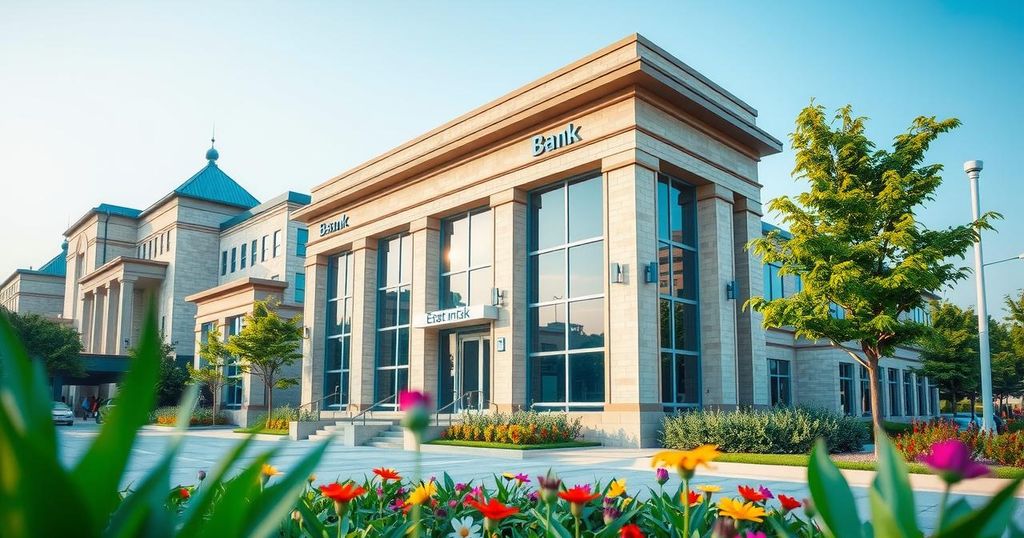BII and Ghana International Bank Forge $50 Million Partnership to Enhance Trade Finance in Africa
British International Investment and Ghana International Bank have announced a $50 million partnership to improve trade finance in West Africa. This agreement aims to enhance foreign exchange liquidity and address the trade finance deficit, particularly benefiting local businesses in various African countries. The initiative is expected to stimulate economic growth and improve access to essential goods and services.
British International Investment (BII), the United Kingdom’s development finance institution, has entered into a $50 million partnership with Ghana International Bank (GHIB) to enhance trade finance in West Africa. This collaboration specifically aims to alleviate foreign exchange liquidity challenges that hinder the import of essential goods across West African nations, including Sierra Leone, Liberia, The Gambia, Benin, DRC, Rwanda, and Tanzania.
The $50 million trade facility will empower GHIB to assist local businesses in importing vital commodities and equipment necessary for their operational growth. This initiative also seeks to address the reluctance of traditional lenders to finance frontier markets in Africa, attributed to perceived risks and lower volumes as indicated by both BII and GHIB representatives.
Dean Adansi, CEO of GHIB, emphasized the importance of this partnership, stating its potential to initiate greater liquidity injections into the market. According to the African Development Bank (AfDB), Africa faces an annual trade finance deficit of approximately $81.8 billion, severely impacting small and medium-sized enterprises (SMEs), which are crucial to the continent’s economic foundation.
Research conducted by GHIB indicates that each dollar transacted in trade can stimulate approximately $1.30 within West African economies. Kwabena Asante-Poku, BII’s country director for Ghana, remarked on trade’s pivotal role in fostering economic growth in frontier markets like Sierra Leone and The Gambia, noting that improved access to trade credit will facilitate the availability of essential goods and services, thereby promoting sustainable growth.
UK minister for Africa, Ray Collins, highlighted the trade financing gap in Africa as a significant challenge, affirming that improved access to funding will enable local businesses to engage more effectively in international trade, including with the UK.
The partnership between BII and GHIB signifies a significant step towards addressing Africa’s trade finance deficit. By enhancing liquidity and access to finance for local businesses, this initiative is expected to foster economic growth in West African markets. The collaboration emphasizes the vital role that trade credit plays in ensuring the availability of essential goods and services, ultimately contributing to sustainable development in these regions.
Original Source: impact-investor.com




Post Comment